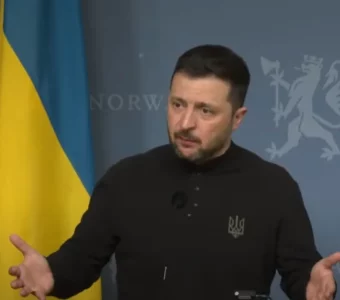Russia uses proxy forces to spark massive military vehicle fires and pseudo-partisan uprising in Ukraine

Photo: open sources
Rubryka covers the Russian involvement in recent events in Ukraine, such as the burning of military vehicles and efforts to discredit Ukraine's armed forces.
What is the problem?
There is a lot of news coverage about the arson of Ukrainian military vehicles, with similar incidents occurring throughout the country. Most suspects have been apprehended in cities such as Kyiv, Odesa, Kharkiv, and Dnipro.
In July, only Kharkiv and the surrounding region saw 40 cases of military vehicle arson. According to Oleh Synehubov, the head of the Kharkiv regional state administration, these incidents were predominantly carried out by young people aged 12 to 18.
Russians are actively spreading news about the arson in their public sphere. Through infomercials, they are once again attempting to convince their audience that Ukrainians are deliberately tarnishing the Ukrainian military's reputation and eagerly awaiting the "liberation" of the Russian army.
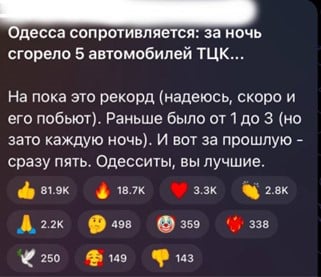
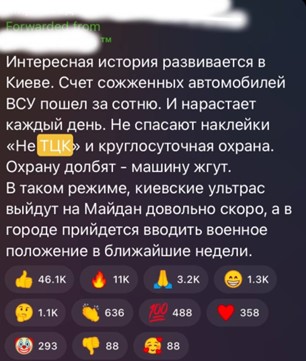
Posts from Russian propaganda channels on Telegram
What is the solution-explanation?
The news does not mention that it is typically Russia's funding that contributes to acts of arson or any other efforts to impede Ukraine's armed forces operations.
For instance, in August, the Security Service of Ukraine and the National Police apprehended a resident of Odesa who had intentionally set fire to a car labeled with Ukraine's armed forces logo and recorded the act on video during the night. To carry out the offense, the man had traveled from Odesa to Kyiv for a single day and rented an apartment.
As it turned out, he found a customer on Telegram who was willing to pay him to start fires on cars with symbols of Ukraine's armed forces, or that belonged to the military. He also had to record the whole process, as the Russians wanted to use it for propaganda later on.
Russian customers are using Telegram channels and chat rooms to search for potential performers for part-time work. The individuals being recruited include those who are struggling financially, have loans or debts, struggle with alcohol or drug addiction, and teenagers who do not have a consistent source of income.
Their sole aim is to earn quick money, as they are promised a reward for their services. Oleh Synehubov reports that the Russians offer them from 20 to 40 thousand hryvnias.
The method remains the same: performers either stumble upon a notification about earnings or are contacted by customers. A vital requirement is to record a video of the wrongdoing as proof. However, the police and the Security Service of Ukraine swiftly caught the culprits, some even before they implemented their plans.
According to the Security Service of Ukraine, the Russian media is attempting to portray an "anti-Ukrainian underground." They are using propaganda tactics, targeting vulnerable individuals to recruit them and utilizing their own photos and videos to fabricate a so-called "partisan movement" in Ukraine.

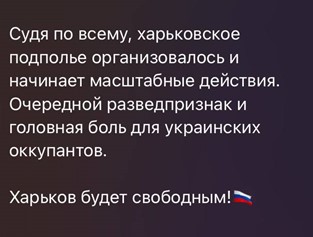
Russian telegram channels and media outlets employ various tactics to bolster their claims about supposed "anti-Ukrainian" attitudes among Ukrainians. They utilize authentic footage from Ukraine while urging the domestic audience not to tolerate misconduct and making bold proclamations to the international community that Ukrainians are attempting to overthrow their government, with Russia assisting.
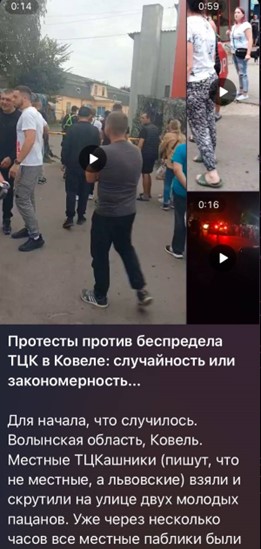

Therefore, the Russians transformed the recent protest in Kovel into a demonstration of "Ukrainian willingness to overthrow Zelensky's government." According to the local recruitment and social support center, "calls for revolt" were picked up by the enemy's propaganda channels and used to their advantage.
For reference:
It's worth mentioning that in Lviv, two individuals were apprehended by law enforcement for setting fire to the vehicles of military personnel in search of a quick and easy profit.







